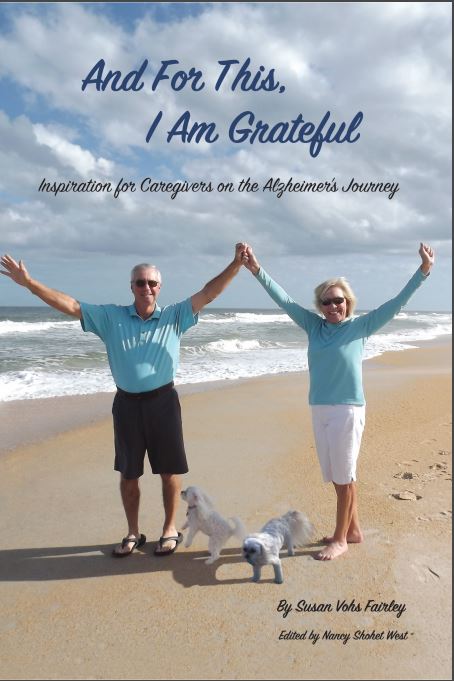But as my memoir client starts telling me this story for the third time, I try not to sigh. We’re on a schedule of interviewing for one hour a week, by phone because she lives in New York, and it’s been seven weeks so far. I had been hoping to finish a first draft in August. But this client speaks slowly, though very clearly. She’s a wonderful story-teller and remembers captivating details. Nonetheless, hearing the story for the third time, with so much left to go in the narrative of her ninety-five years, feels a little like spinning our wheels.
Then something catches my attention. A detail she hadn’t included before. And another one. An account of the job she held while he attended classes. A side story about how much she wanted to be a mother and how frustrating it was to wait while her husband finished graduate school before they could start a family.
This is the same basic account I’ve heard before, I realize as she’s talking, and yet each time a few more details emerge. And it occurs to me that during the many hours of the week that pass between our weekly phone calls, she must be thinking about these segments of her life, going over them again in her mind, remembering a little more each time.
Remembering anew what it was like to meet her husband, to begin their courtship, to embark upon married life, to have the children she longed for. Remembering times – and people – long gone.
And it all reminds me that while the main purpose of these memoir projects is what I rather clinically call “the deliverable” in my contract – that is, the bound and printed book – the process is perhaps as important as the product to some of my clients. Telling their story, and having me hear their story, may be as valuable to some of them as the book itself.
A little less than a year ago, my husband Rick and I came up with the idea that I should do a memoir project with his 91-year-old grandmother. The odd thing was that later, neither of us could really remember what gave us that impulse at just that time, or why we never thought of it earlier. The idea just dawned on us one day, and I started interviewing her a couple of weeks later. Her book was completed fairly fast – which turned out to be very good luck, since although she was in reasonably good health as we embarked upon the project, she unexpectedly passed away days after I finished writing it.
Rick came up with a theory, though, about how the inspiration came out of nowhere to do this project. He thinks it was his grandfather’s idea. His grandfather had died four years earlier, but Rick thinks on some spiritual plane, his grandfather put the idea in our heads, believing it was important for his wife to tell the story of her life one last time, to go over each detail from start to finish, to describe her girlhood, parents and siblings and friends; her education; her marriage; her years of raising children; her intense spiritual journey as a devout Catholic. To know she was heard.
It reminded me not to try to hurry my current client, even as she repeats anecdotes, sometimes with new details and sometimes without. It’s important to her to tell the story. It’s the story of her life, but telling it to me is part of her life’s journey as well. I’m listening carefully, and soon her daughters and granddaughters and other family members will be able to read it in printed form. So we’ll take our time, week by week, hour by hour, for as long as it takes for her to tell me this story. The process of telling it matters. As much, perhaps, as having it told.

 RSS Feed
RSS Feed